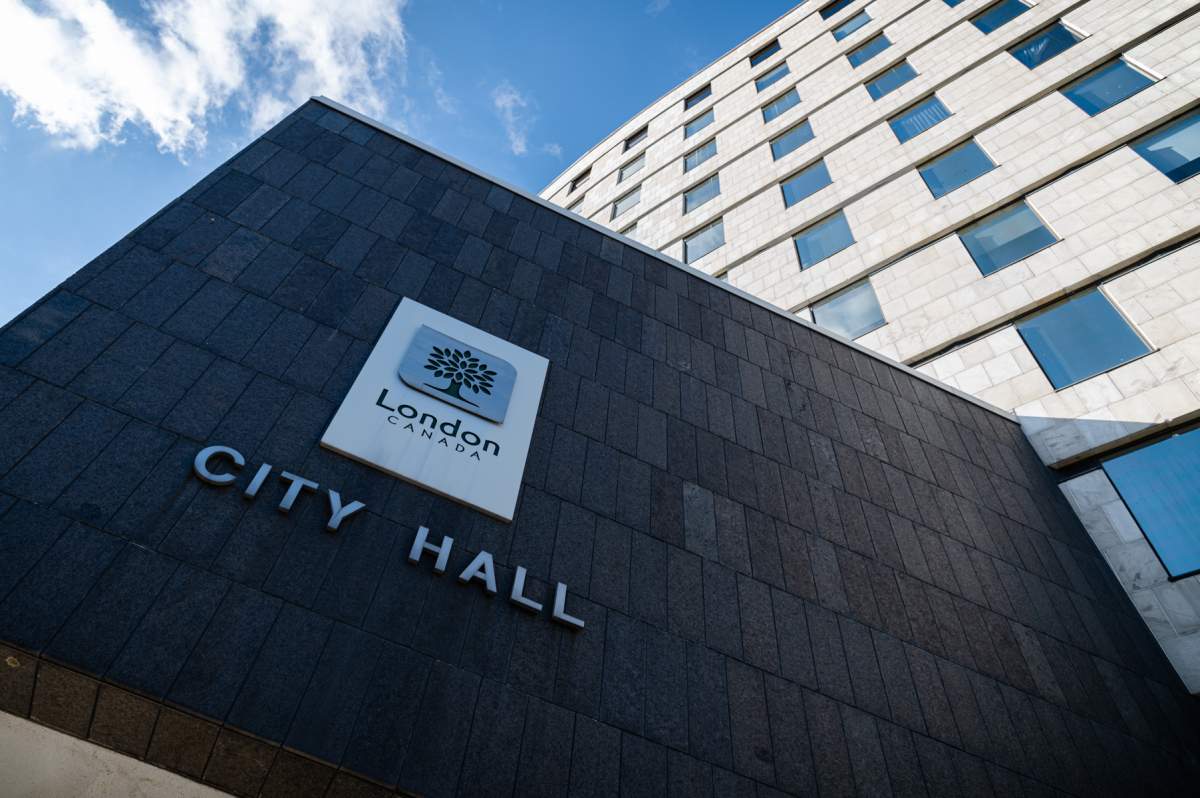Londoners can expect a steep increase to their property taxes with City Hall’s new draft multi-year budget.

A 5.4 per cent tax hike is coming in 2024, followed by a 4.7 per cent increase in 2026, a 4.3 per cent increase in 2026, and a 5.3 per cent increase in 2027. Those numbers work out to an average annual increase of 4.9 per cent to maintain services.
That 5.4 per cent increase would add $177 to the tax bill of the average London home.
However, those numbers could rise if all of the business cases proposed in the budget are approved by council, with the four-year average going up to 9 per cent, and the hike for 2024 going to nearly 13 per cent.
The breakdown of the 87 cases and how much annual taxes would increase if they’re approved is as follows:
- 13 legislative change business cases (0.4-per cent average annual increase)
- 7 cases prioritized by civic administration (0.3-per cent average annual increase)
- 67 other business cases (up to 3.4-per cent average annual increase

Get daily National news
With the exception of the legislative cases which are required to be approved, all other cases will be up to council.
City staff say council approving all of the cases is unlikely, as cases presented by staff were not pared down as they usually were and include “nice to haves” than “need to haves.”
“It comes down to finding out what council’s interest is and…what the public values,” says Ward 12 Coun. and budget chair Elizabeth Peloza.
“When it comes time to have that conversation (at council), which ones are they really focused on and as a priority, and which ones will just need to be a future consideration?”
Some of the cases with the highest impact on tax rates include requests from London Police and the London Transit Commission, the Climate Emergency Action Plan, statutory exemptions from the More Homes Built Faster Act, and the London Public Library’s facilities plan.
New to this budget, the “strong-mayor powers” legislation dictates that the mayor must propose a budget by Feb. 1, or council prepares a budget in the absence of one. The mayor will also have the ability to veto during the budget process, but a 2/3 majority vote from council can overrule the veto.
Council will debate the four-year spending plan at Tuesday’s Strategic Priority and Policy Committee at 4 p.m., the first part of a potentially long budget debate.
Londoners will also get a chance to add their two cents to the budget debate. A budget open house will be held at City Hall on Jan. 10 from 4 p.m. to 8 p.m., and several other public pop-up events will be held throughout the city:
- South London Community Centre Jan. 13 – 10:00 a.m. to 12:00 p.m.
- East Lion’s Community Centre Jan. 16 – 10:00 a.m. to 12:00 p.m.
- Canada Games Aquatic Centre Jan. 17 – 5:30 p.m. to 7:30 p.m.
- Kiwanis Senior’s Centre Jan. 19 – 11:00 a.m. to 1:00 p.m.
- Stoneycreek Community Centre Jan. 22 – 4:00 p.m. to 6:00 p.m.
- Startech.com Community Centre Jan. 25 – 10:00 a.m. to 12:00 p.m.








Comments